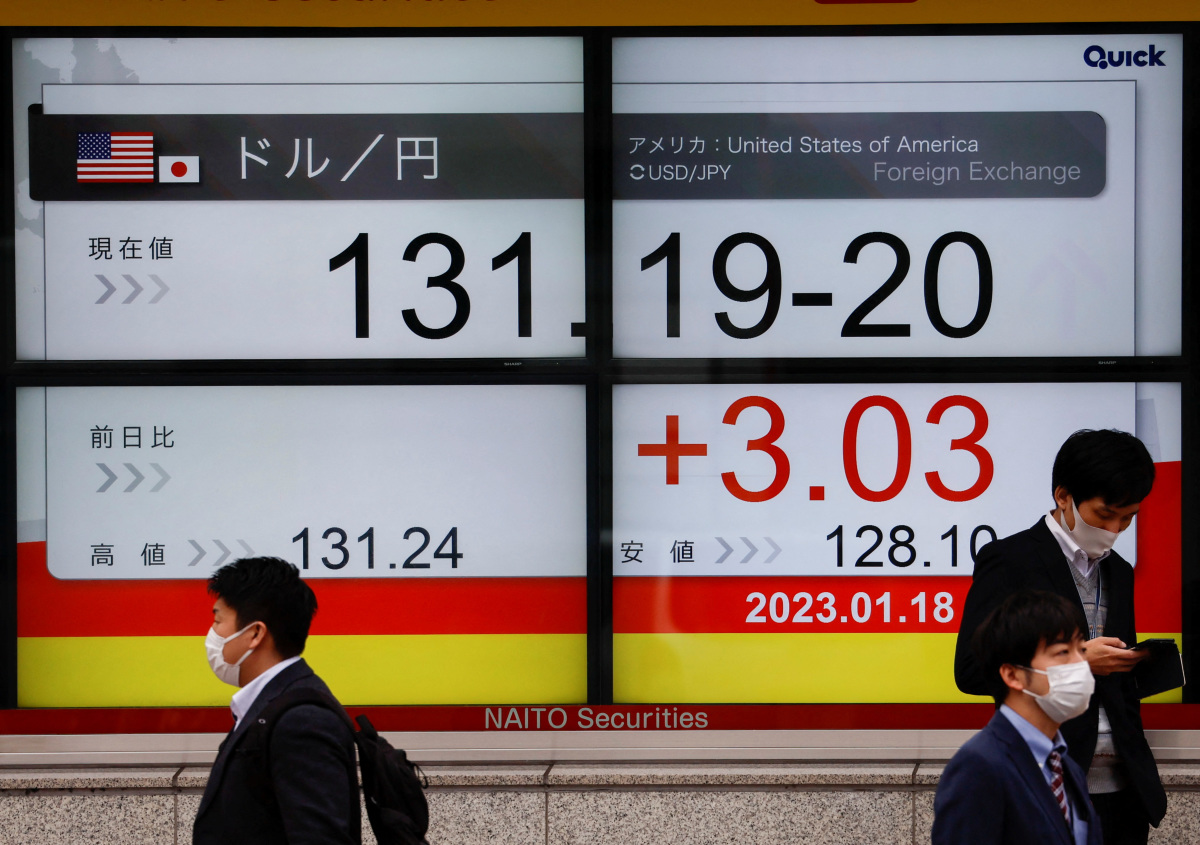[FRANKFURT] The European Central Bank (ECB) cut interest rates for the seventh time in a year on Thursday (Apr 17), looking to prop up an already struggling eurozone economy that will take a large hit from US tariffs.
ECB president Christine Lagarde said rate setters had to be “agile” in the face of the uncertainty stirred up by US President Donald Trump’s trade policy.
“We have to stand ready for the unpredictable,” Lagarde said at a press conference. “It makes a lot of sense to be ready to be agile.”
The ECB has been lowering borrowing costs as post-pandemic price pressures retreat, and recent trade-related turmoil on global markets is adding to the case for further policy easing.
“Increased uncertainty is likely to reduce confidence among households and firms, and the adverse and volatile market response to the trade tensions is likely to have a tightening impact on financing conditions,” the ECB said. “These factors may further weigh on the economic outlook for the euro area.”
While Trump has paused most tariffs, many remain in place, and volatility in financial markets has already done damage to the economy.
BT in your inbox
Start and end each day with the latest news stories and analyses delivered straight to your inbox.
This led the vast majority of economists polled by Reuters to expect Thursday’s cut, which lowered the rate that the ECB pays on bank deposits by 25 basis points (bps) to 2.25 per cent.
This is the top of the 1.75 to 2.25 per cent range that the ECB has defined as “neutral”, neither boosting nor restricting economic activity.
Accordingly, the ECB removed a reference to interest rates being “restrictive” from its press release.
While the ECB expected a trade war to increase inflation by 50 bps, the turmoil caused by erratic US trade policy could equally detract from it. Nearly all financial indicators impacting prices have shifted dramatically in recent weeks.
The euro has firmed 9 per cent amid the volatility and trades at an all-time high on a trade-weighted basis, energy prices are sharply lower, growth is slowing and China, the No 1 target of US tariffs, could dump some of its output on Europe.
A number of investment banks have trimmed their forecasts for eurozone inflation this year, often lowering it to or below the ECB’s 2 per cent target.
“Disinflationary forces are piling up,” HSBC wrote in a note as it cut its inflation forecast to 1.9 per cent for this year and 1.8 per cent for the next.
Investors are seeing at least two more cuts this year, with some even pricing a third as growth falters. REUTERS, AFP






